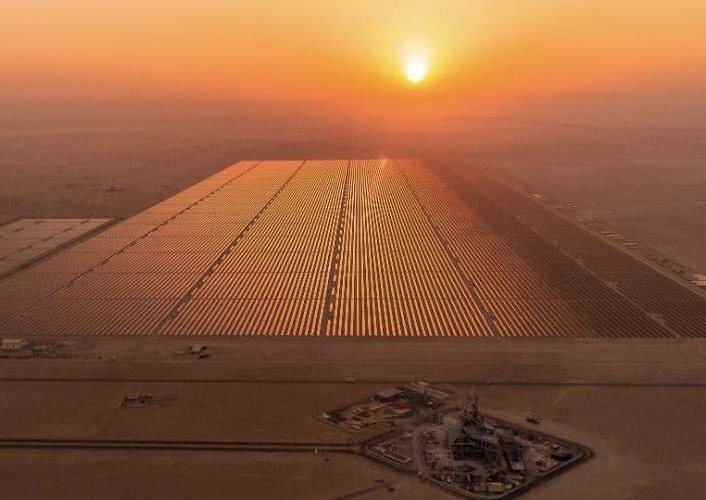Reports
Over a million oilfield services job cuts seen in 2020
Published on : 2020-03-28

More than a million jobs in the oilfield service industry (OFS) are likely to be cut in 2020 due to low project volumes brought upon by the Covid-19 epidemic and the ongoing oil price war, a Rystad Energy impact analysis shows.
The analysis also revealed that shale services will bear most of the reductions.
More than 5 million people are employed in the OFS sector globally at present and Rystad Energy’s estimates show that this year alone, contractors will scale down their workforce by at least 21 per cent.
Some 13 percentage points are attributed to oil-price-driven cuts and the remaining 8 per cent reductions will be layoffs caused by measures taken by contractors who are forced to slow down project developments fearing the spread of Covid-19 on their worksites.
“Low oil prices are likely to persist in 2021 and could lead to further workforce reductions. But as we move into the second half of 2021, with better market fundamentals and a fading Covid-19, recruitment is likely to pick up in the shale sector and from 2022 will also kick-off in the offshore sector,” said Audun Martinsen, Rystad Energy’s head of oilfield service research.
Unlike the downturn of 2015 and 2016, when the total OFS workforce was reduced by nearly 30 per cent from its 2014 levels as a result of another supply war, the industry now has to face the additional effect of a big decline in demand, caused largely by the Covid-19 outbreak around the world.
Global supply will exceed demand by more than 10 million barrels per day (bpd) from April, when OPEC+ countries start increasing their production, Rystad said.
“E&P operators and contractors want to minimise the potential spread of Covid-19 by reducing the workforce to an absolute minimal level. This is happening across the world but Europe, currently, is the most impacted market,” said Martinsen.
Offshore workforce is likely to be reduced by a total of 19 per cent in 2020 as the low oil prices will halt most of the exploration work and MMO projects in the second half of the year and the fear of a Covid-19 outbreak on offshore platforms and yards will force the E&P companies and contractors to suspend several activities.
The largest reductions in 2020 are expected to be within shale, just like during the 2014 downturn. Here the oil price risk is higher as a major drop is expected in drilling and completion activity, with operators cancelling their drilling plans to secure cash. Completed fracked wells might drop to 3800 wells in 2021. As much as a 32 per cent cut in workforce is likely to be realised in this sector from now until December 2020.
Workforce in other onshore operations is estimated to be slashed by some 17 per cent. (PIPELINE)







